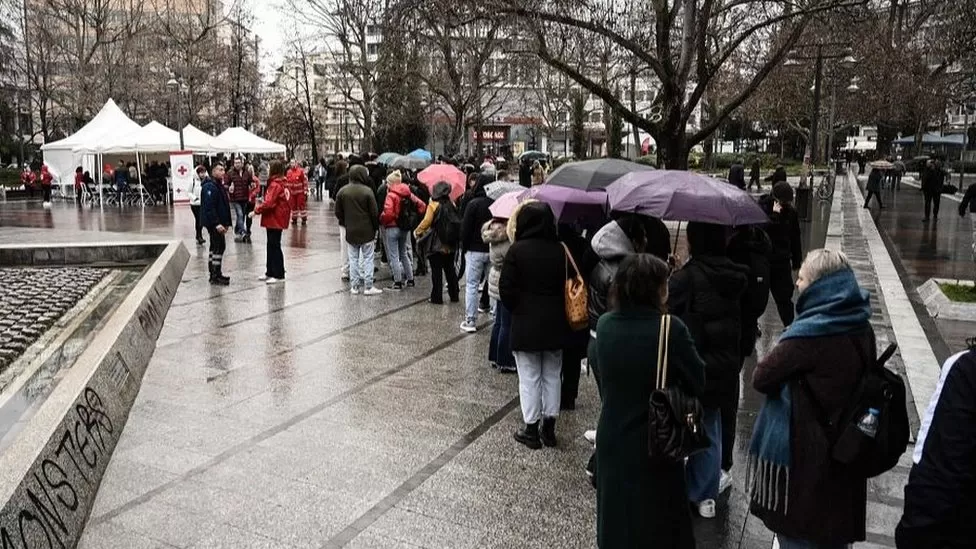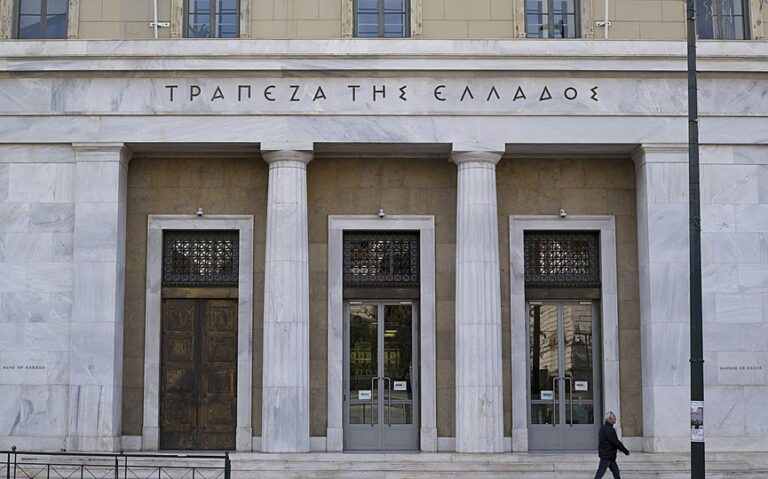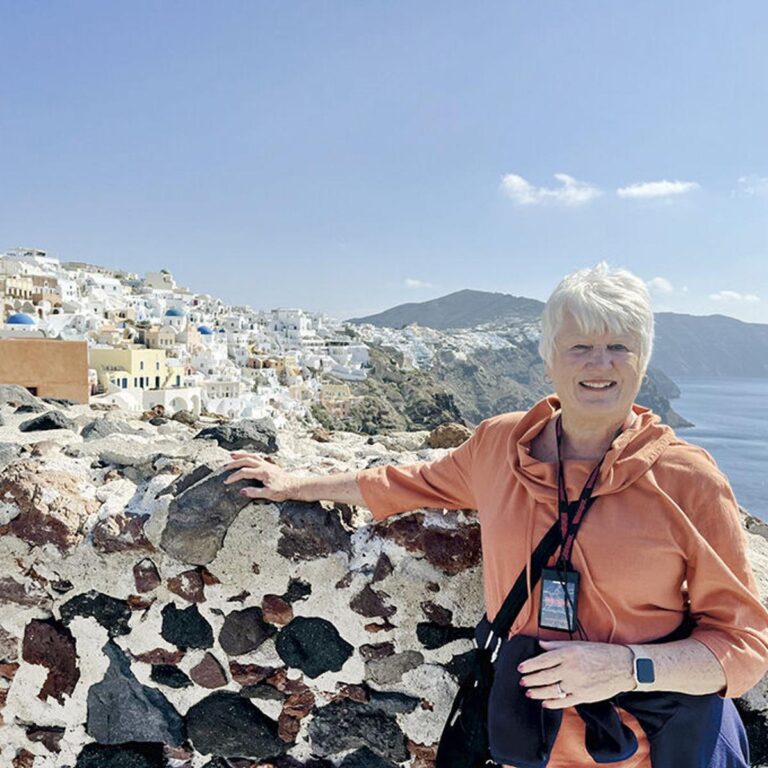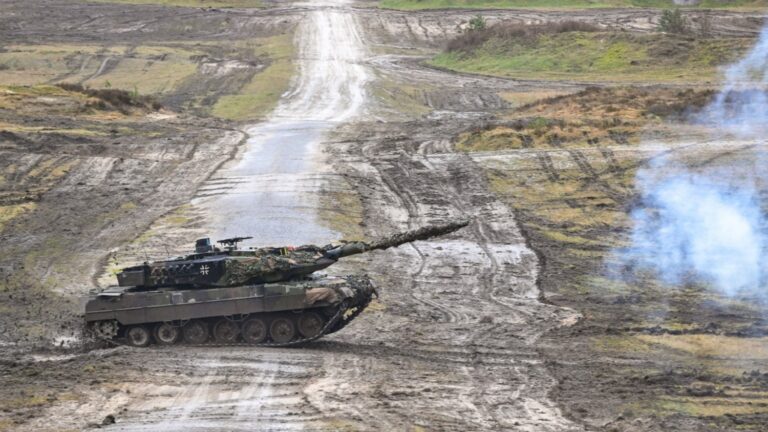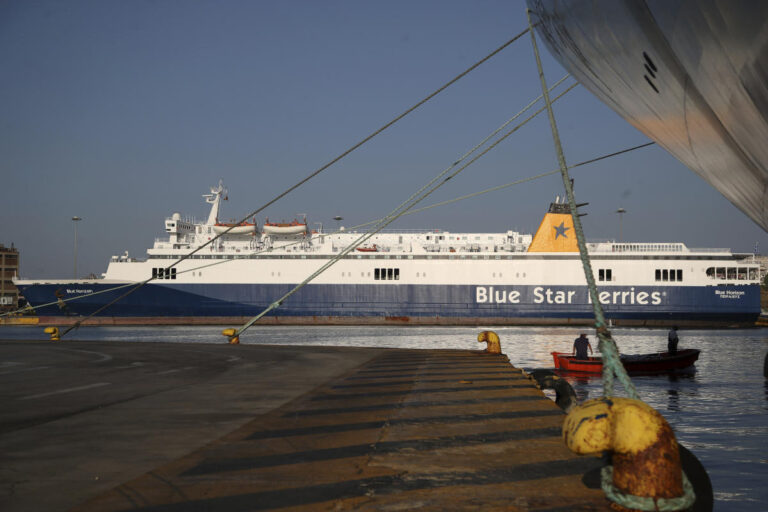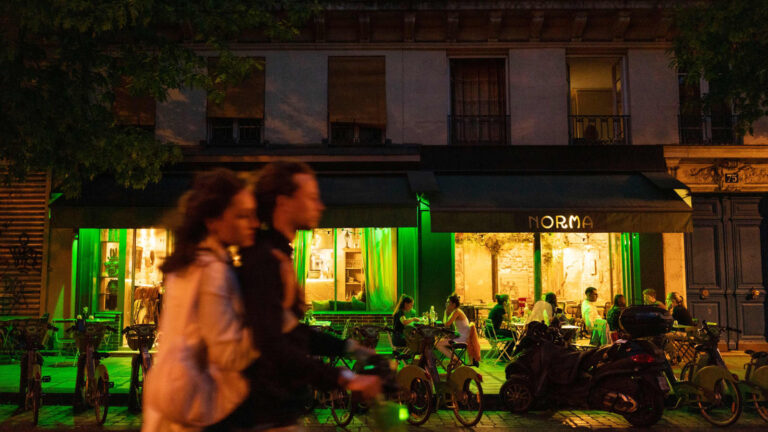Eleni Zaggelidou, one of ten coroners working on the investigation, said DNA had been taken from 57 intact bodies.
A government minister said austerity during Greece’s economic crisis in the 2000s had contributed to a lack of investment in the railways.
Rail workers held a one-day strike on Thursday following the disaster, blaming government neglect.
More than 2,000 people protested for a second day in Athens and Thessaloniki, shocked by the disaster near the city of Larissa.
“We are angry at the company, at the government and past governments that did nothing to improve conditions in the Greek railway,” said pensioner Stavros Nantis in Athens.
Rescue workers are still going through burned and buckled carriages, searching for victims.
This was the “most difficult moment”, rescuer Konstantinos Imanimidis told Reuters news agency, because “instead of saving lives, we have to recover bodies”.
A passenger service carrying 350 people collided with a freight train just before midnight on Tuesday after they ended up on the same track – causing the front carriages to burst into flames.
The railway workers’ strike began at 06:00 local time (04:00 GMT), hitting national rail services and the subway in Athens.
Many in Greece see the crash as an accident that had been waiting to happen, and the union blamed successive governments’ “disrespect” towards Greek railways for leading to this “tragic result”.
During a visit to a hospital where relatives of the missing had gathered, Zoe Rapti, Greece’s deputy minister of health, told the BBC that investing in the rail network had been made more difficult by the Greek debt crisis around 2010, which led to drastic austerity measures in exchange for a financial rescue by the EU and International Monetary Fund.
“Of course, things should have been done during these years but, as you remember, Greece faced a big economic crisis for more than 10 years, which means that many things went back,” she said.
She said a “wide investigation” would take place, which she promised would provide answers.
Government spokesman Giannis Oikonomous also said “chronic delays” in implementing rail projects were rooted in “distortions” in the country’s public sector going back decades.
A 59-year-old station master in Larissa has been charged with manslaughter by negligence and is due to appear in court on Thursday. He has admitted to having a share of responsibility in the accident, his lawyer Stefanos Pantzartzidis said outside the courthouse.
“He is literally devastated. Since the first moment, he has assumed responsibility proportionate to him,” Mr Pantzartzidis said, hinting that the station master, who has not been publicly named, was not the only one to blame.
Transport Minister Kostas Karamanlis resigned over the crash, saying he would take responsibility for the authorities’ “longstanding failures” to fix a railway system that was not fit for the 21st Century.
But Prime Minister Kyriakos Mitsotakis’s suggestion that “tragic human error” was to blame has caused anger.
Families have given DNA samples to help identification efforts, with the results expected on Thursday.
One of those, a woman called Katerina searching for her missing brother, a passenger on the train, shouted “Murderers!” outside the hospital in Larissa, directing her anger towards the government and the rail company, Reuters reports.
Kostas Malizos, a recently retired surgeon and Emeritus Professor at Greece’s University of Thessaly, has returned to work to perform surgery on injured passengers.
“It’s a disaster, it’s catastrophic,” he said. “Families are crying tonight. Unfortunately, the majority of the lost people are young students. They left home, happy after the long weekend, to go for their studies or to see their relatives and never reached them.”
Source : BBC

